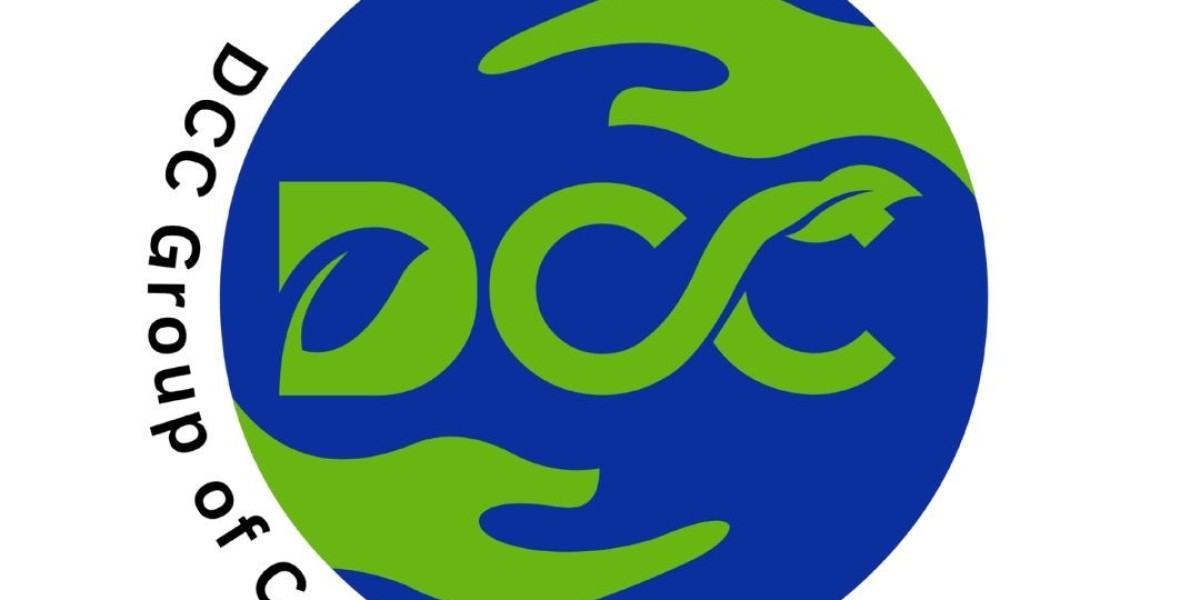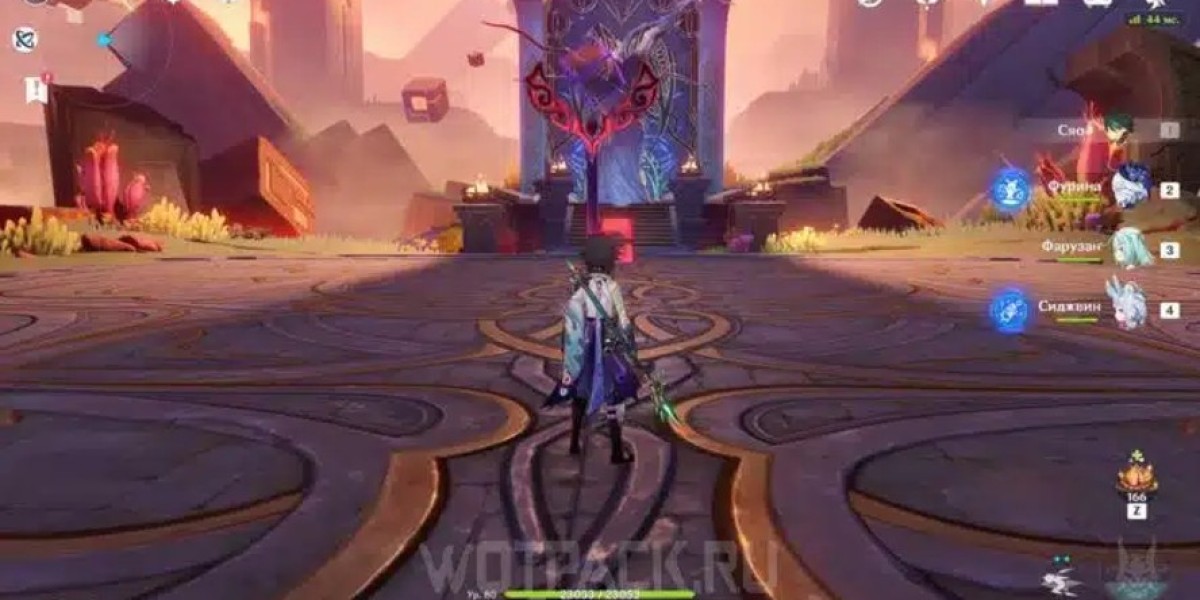India is at a critical juncture in its environmental journey. With cities swelling in population and consumption, the country generates over 1.5 lakh metric tonnes of municipal solid waste (MSW) daily. Unsegregated waste has led to overflowing landfills, contaminated water bodies, and compromised public health. In this landscape, the shift toward a zero-waste vision has become imperative. At the core of this transformation is the rapid deployment of Solid Waste Segregation Plants — a domain where DCC Group, a leading waste management company in India, is playing a pivotal role.
The Challenge: Mixed Waste and Its Impact
The majority of Indian cities still collect and transport waste in a mixed state. Organic matter gets entangled with plastic, glass, metal, and biomedical waste, rendering much of it unrecyclable. This mixed waste not only depletes landfill capacities but also increases greenhouse gas emissions, poses health risks, and erodes the potential of materials that could otherwise be reused or recycled.
To counter this crisis, scientific and automated waste segregation has emerged as a foundational step toward a zero-waste future.
What is a Solid Waste Segregation Plant?
A Solid Waste Segregation Plant is a specialized facility where municipal waste is sorted, processed, and prepared for recycling, composting, or energy recovery. These plants separate waste based on type (organic, recyclable, inert, etc.) and material (plastics, metals, glass, paper), ensuring each component is directed to the right treatment stream.
These facilities use a combination of manual labor and automation, including waste segregation machines that dramatically improve efficiency and material recovery. In India’s context, where waste composition is highly variable, customized segregation technology is essential.
DCC Group: Powering the Waste Revolution
As an innovative waste management company in India, DCC Group designs and delivers turnkey solutions for waste segregation plants that are modular, scalable, and tailored to Indian waste streams. With years of experience and a pan-India presence, DCC has implemented high-performance systems in smart cities, municipal bodies, and industrial zones.
Key Features of DCC’s Waste Segregation Plants:
Automated Segregation Lines for high-speed and low-cost sorting
Custom Trommel Screens for separating biodegradable and inert material
Magnetic & Eddy Current Separators for metallic recovery
Air Density Separators for light vs. heavy waste classification
Manual Sorting Belts for quality control and additional separation
Organic Waste Composting Units to process segregated wet waste
Dust & Odour Control Systems for cleaner operations
Automatic Waste Sorting Machine: Efficiency Meets Innovation
A critical component of DCC’s facilities is the automatic waste sorting machine, which reduces reliance on manual sorting and enhances recovery rates. These machines use a combination of:
Vibratory Feeders
Trommel or Bounce Screens
Ballistic Separators
Optical Sensors (in advanced models)
AI-Based Robotic Arms (where applicable)
The result is a seamless waste segregation process that reduces contamination, saves labor costs, and increases output quality — all vital to achieving zero-waste goals.
Waste Segregation Machine in India: Designed for Diversity
Indian municipal waste is among the most diverse in the world due to cultural habits, urban-rural variances, and inconsistent disposal practices. DCC Group engineers its waste segregation machines in India to handle this complexity. Whether it's high-moisture organic waste from urban households or construction debris from peri-urban areas, DCC’s equipment ensures maximum material recovery with minimal downtime.
Additionally, DCC machines are built with rugged components, corrosion-resistant finishes, and user-friendly controls — ideal for Indian climatic and operational conditions.
Environmental & Economic Impact of Waste Segregation Plants
Installing a waste segregation plant is not just a compliance step — it is an economic and ecological game-changer.
Environmental Benefits:
Reduces landfill burden and methane emissions
Enables composting of organic waste
Supports recycling industries with clean, sorted materials
Improves air and water quality in urban regions
Economic Advantages:
Revenue from recyclables: Plastics, paper, metals, and glass
Compost sale from organic waste
Reduced transportation costs due to lighter waste loads
Job creation in plant operations and recycling streams
By investing in solid waste segregation, local bodies not only clean up cities but also create a circular economy that feeds itself sustainably.
DCC Group’s Zero-Waste Vision in Action
DCC’s plants operate in compliance with Solid Waste Management Rules (2016) and align with major national initiatives such as:
Swachh Bharat Abhiyan
Smart Cities Mission
Atal Mission for Rejuvenation and Urban Transformation (AMRUT)
State Urban Development Schemes
From Delhi and Haryana to Madhya Pradesh and Tamil Nadu, DCC has deployed customized plants that turn thousands of tonnes of waste into resources each month. By integrating modern waste segregation machines, automatic sorting lines, and end-to-end services, DCC has become a trusted partner in India’s urban sustainability efforts.
Toward a Cleaner, Circular India
India’s path to a zero-waste-to-landfill future requires systemic transformation. It demands not only policy and public participation but also the deployment of proven waste technologies across all urban and semi-urban areas. DCC Group’s solid waste segregation plants make this transformation scalable and practical.
Whether it’s through compact systems for small towns or fully automated multi-stream plants for metropolitan zones, DCC’s technology is built for impact.
Conclusion
Solid waste segregation is not a choice — it’s a necessity for a cleaner, healthier, and economically sustainable India. As a forward-thinking waste management company in India, DCC Group is engineering this transformation by offering state-of-the-art waste segregation plants, automatic sorting machines, and customized waste solutions that deliver results.
With the right technology, training, and implementation, we can turn India’s waste crisis into a story of resilience and resourcefulness.
DCC Group – Powering India’s Zero-Waste Future.






